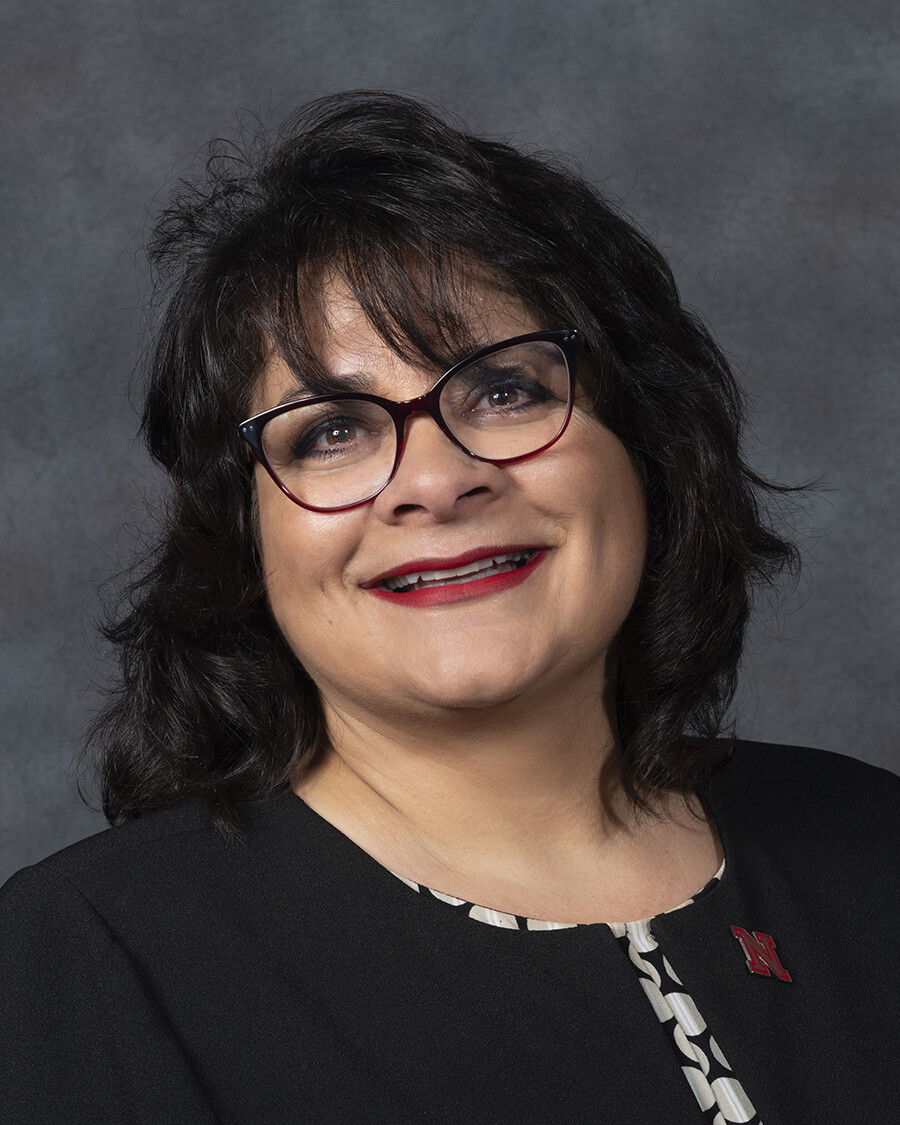
A new report illustrates the tremendous economic impact made by Rural Futures Institute Fellows and their work over the summer 2019.
The annual fellows program embeds college students in Nebraska communities over the summer months to lead community service projects. From strategic planning to resource mapping to writing radio ads and taking photos, there was no shortage of deliverables from the student fellows who spent 10 weeks working, serving and living in Chadron, Custer County, Garden County and Grand Island. Evaluation of the program from the Bureau of Business Research at the University of Nebraska–Lincoln estimates the market value for the participating communities at $111,844 total — $34,246 for Custer County, $29,920 for Chadron, $25,581 Garden County and $22,097 for Grand Island.

There were 12 student fellows from across the University of Nebraska system, including eight Huskers: Courtney Albrecht, Angela Beltran, Sydney Burdick, Megan Coan, Alyssa Ehler, Rin Le, Tristan Powell and Hailey Walmsley. Nine were worked in their assigned communities and three worked in the Rural Futures Institute’s Lincoln office.
The highest value efforts of the fellows included:
$12,317 for resource mapping of health resources in Chadron and western Nebraska. The effort provides a more comprehensive understanding of mental health resources available in the region.
$10,962 for development of the “Builders Program” designed to teach entrepreneurial skills to high school students in Custer County as well as a “Passport Program” to supplement the state passport program, which will be used to generate increased tourism for the county.
$8,556 for strategy development of the Communities for Kids Project conducted by the Nebraska Children and Families Foundation. Fellows followed up on a NCFF survey with listening sessions and interviews and coordinated focus groups and community meetings about the results. They then developed key messages and an action plan for the future.
“This RFI fellows experience allows our communities to leverage the talent at the University of Nebraska to make visible and notable progress on the projects that matter most to our organizations and our residents,” Andrew Ambriz, executive director of Custer Economic Development, said. “RFI fellows are always qualified, motivated and autonomous — adept at collaborating with everyone in the community to build trust and enrollment in what they’re working on. I highly encourage every community to consider being part of this program.”
Evolving the experience from RFI’s previous serviceship program, Fagan incorporated leadership development training and one-to-one coaching into the program this year. This is valued at $4,000 per participant, and each community may have two participants deemed RFI Community Innovation Fellows.
“The coaching has made me a better manager, and a better communicator,” said RFI Community Innovation Fellow Sandy Montague-Roes, director of Western Community Health Resources. “I had no idea I would grow this much through this process.”
A breakdown of the estimated market value for each location is available here. For more information, please email RFI at ruralfutures@nebraska.edu.







